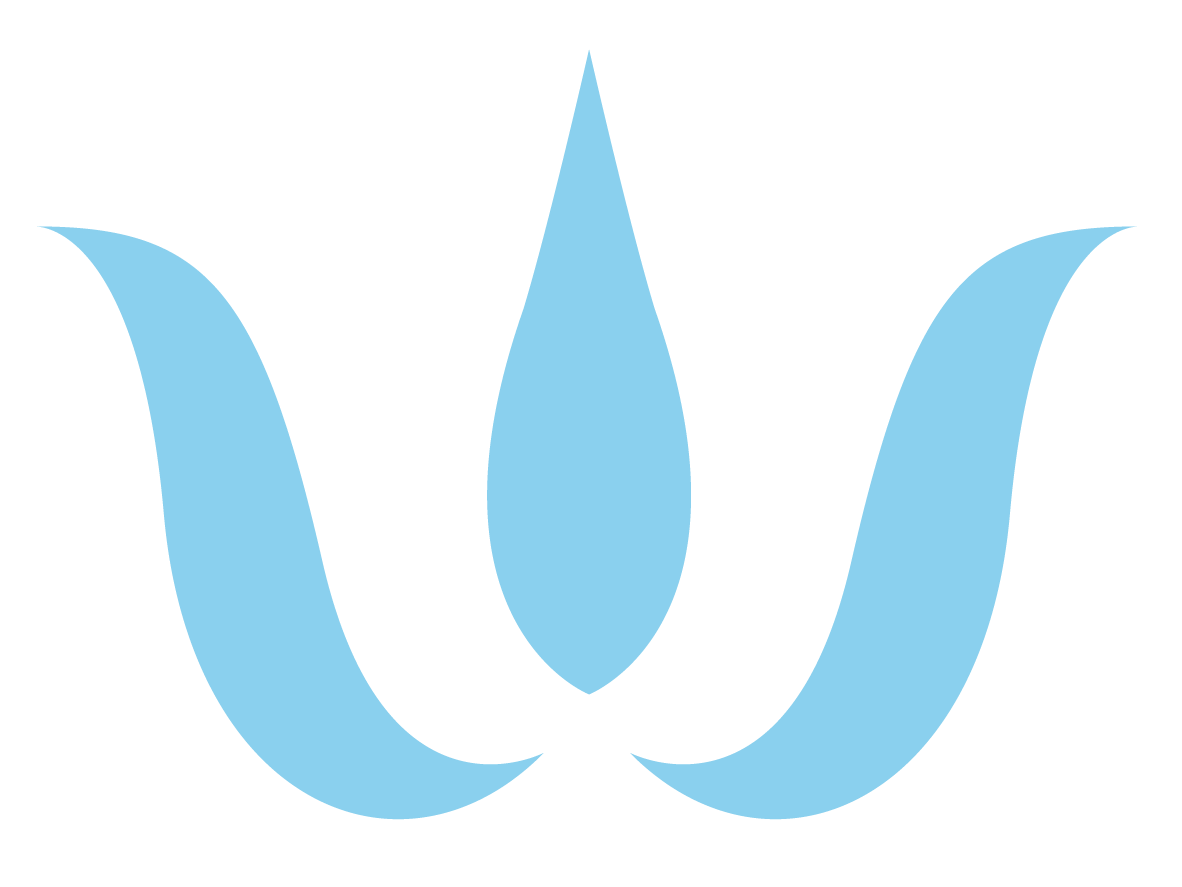Deep Tissue Massage vs. Swedish Massage: Which Is Right for You?
Author: Dr. Dana Winchester
Deep Tissue Massage vs. Swedish Massage: Which Is Right for You?
When it comes to relieving muscle tension, improving circulation, and reducing stress, massage therapy offers numerous options tailored to your specific needs. Two of the most popular types—deep tissue massage and Swedish massage—share some similarities but serve very different purposes. Understanding the key differences can help you choose the right technique to support your wellness goals.
In this article, we’ll explore the benefits, techniques, and best use cases for each, helping you decide which is the ideal fit for your body and lifestyle.
What Is Swedish Massage?
A Gentle, Relaxing Introduction to Massage Therapy
Swedish massage is the most commonly offered type of massage therapy and often serves as a great introduction for first-time clients. This technique uses long, flowing strokes, kneading, circular movements, and gentle tapping to promote relaxation and boost blood flow.
Key Benefits of Swedish Massage
Reduces stress and anxiety by lowering cortisol levels
Improves blood circulation, which can support immune function
Eases muscle tension caused by daily stress or sedentary lifestyles
Promotes better sleep quality
Enhances flexibility and range of motion
Swedish massage is ideal for those looking to relax, reduce tension, and de-stress without intense pressure or discomfort. It’s also a popular option for those recovering from minor injuries or managing chronic pain conditions like fibromyalgia in a gentle way. Learn more about Swedish massage benefits from the Cleveland Clinic.
What Is Deep Tissue Massage?
A Targeted Approach for Chronic Pain and Muscle Recovery
Unlike Swedish massage, deep tissue massage focuses on deeper layers of muscle and connective tissue. It uses slower, more forceful strokes to reach areas of chronic tension and muscle “knots,” often caused by sports injuries, repetitive strain, or postural imbalances.
Key Benefits of Deep Tissue Massage
Breaks up scar tissue and adhesions from old injuries
Reduces chronic muscle pain by targeting tight muscle groups
Supports recovery from sports injuries
Improves posture and alignment
Decreases inflammation by improving circulation and lymphatic drainage
Deep tissue massage is ideal for those who have chronic pain, stiffness, or limited mobility due to injury or long-term muscular imbalances. While it may cause mild soreness afterward, the benefits are long-lasting and deeply therapeutic. Explore more from Mayo Clinic on deep tissue techniques
Key Differences Between Deep Tissue and Swedish Massage
While both Swedish and deep tissue massage offer therapeutic benefits, they differ significantly in technique, pressure, and purpose.
Swedish massage typically uses light to moderate pressure and focuses on surface-level muscles. It incorporates long, flowing strokes, gentle kneading, and light tapping to enhance circulation and promote relaxation. This style is best suited for those seeking stress relief, overall wellness, or a gentle introduction to massage therapy.
On the other hand, deep tissue massage applies firmer, more intense pressure to reach the deeper layers of muscles and fascia. Techniques include slow strokes, deep finger pressure, and trigger point therapy. It’s ideal for individuals experiencing chronic pain, recovering from injuries, or dealing with persistent muscle tension and imbalances.
Your choice depends on your specific needs—whether you’re looking to unwind or address deeper muscular issues, each technique offers unique and powerful benefits.
Which Massage Is Right for You?
Choosing between Swedish and deep tissue massage depends on your current physical condition, stress level, and personal preferences.
Choose Swedish Massage If:
You're new to massage therapy
You’re looking to relax and unwind
You want to reduce mild muscle tension or stiffness
You’re sensitive to pressure or prone to bruising
Choose Deep Tissue Massage If:
You suffer from chronic pain or tension, especially in the neck, shoulders, or back
You’ve had a sports injury or repetitive strain
You need targeted relief for specific problem areas
You’re accustomed to firmer pressure and don’t mind temporary soreness
Still unsure? At The Winchester Institute, our licensed massage therapists can evaluate your symptoms and help you choose the most effective treatment.
How Often Should You Get a Massage?
For stress management or general relaxation, Swedish massage once or twice a month may be sufficient. For chronic pain or injury recovery, deep tissue massage may be recommended weekly or bi-weekly until symptoms improve. Always consult with your therapist to customize a plan that fits your lifestyle and goals.
Complementary Therapies for Maximum Benefit
Massage therapy pairs well with other holistic treatments, such as:
Chiropractic adjustments
Acupuncture
Manual therapy
Physical rehabilitation exercises
Integrating these services can enhance overall outcomes and accelerate recovery. Discover integrated wellness options here.
Frequently Asked Questions
Is deep tissue massage painful?
It can cause some discomfort during treatment, especially in tight or injured areas, but it should never be unbearable. Always communicate with your therapist during the session.
Can I combine both Swedish and deep tissue techniques?
Absolutely! Many therapists offer customized massages that blend techniques for a balanced, effective session.
Are there any risks or contraindications?
Massage may not be recommended if you have certain conditions like blood clots, recent surgery, or open wounds. Always disclose your medical history before your session.
What should I do after my massage?
Drink plenty of water, rest if possible, and avoid strenuous activity for a few hours—especially after deep tissue work.
Experience Personalized Massage Therapy at The Winchester Institute
At The Winchester Institute, our experienced team provides customized massage therapy tailored to your individual needs—whether you’re seeking relaxation or deep relief from chronic tension. We integrate advanced techniques in a professional, calming environment to help you feel your best.
Not sure where to start? Schedule a consultation and let us guide you toward the massage style that aligns with your goals. Your path to better health starts here.
👉 Book your massage appointment today or call us at (614) 760-5555 to speak with our team.
